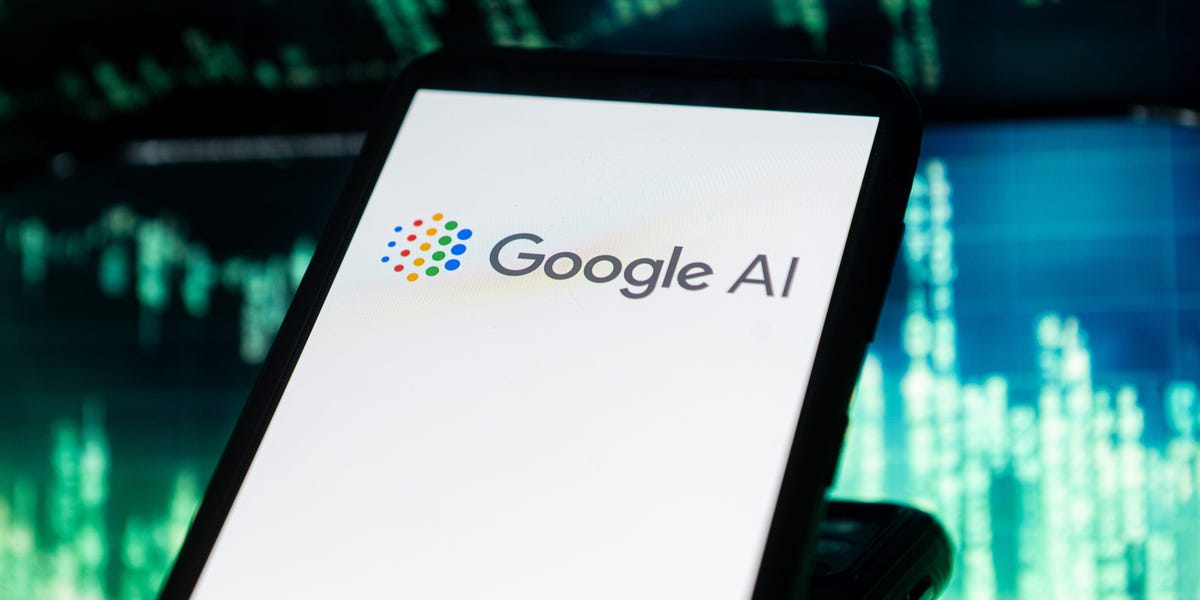Gary Marcus, a distinguished AI expert, is experiencing a growing sense of disillusionment with the current state of affairs in the field. With over two decades of research experience and the establishment of two AI ventures, one of which was acquired by Uber, his insights carry significant weight. Recently, the Financial Times labeled him as the most vocal critic of AI, highlighting his skepticism towards deep learning in response to a critical post by Sam Altman.
Following his feature in the Financial Times, Marcus delved into the realm of generative AI in a Substack post exploring the parallels between AI and Shakespearean drama. However, the narrative took a darker turn with reports from The New York Times exposing OpenAI’s questionable data practices involving the scraping of vast amounts of user-generated content from YouTube. Similarly, Google’s utilization of this data to fuel its AI development raised concerns about potential copyright infringements.
As early as 2018, Marcus had forewarned about the pitfalls of the data-centric approach in AI education, a prophecy that seems to be unfolding with each passing day. Despite his and other skeptics’ attempts to caution the industry, recent revelations point to a disregard for ethical boundaries in the pursuit of AI advancement. The reliance on copious amounts of data, as highlighted by Marcus, underscores the essential role of quality data in shaping AI outcomes.
The controversy surrounding OpenAI’s use of YouTube content for training AI models has sparked debates on data ethics and copyright laws. While Google distanced itself from such practices, Marcus emphasized the pivotal role of data acquisition strategies in shaping AI innovation. The involvement of key figures like Greg Brockman in data acquisition initiatives underscores the strategic significance attached to data in AI development.
Furthermore, Meta’s quest for enhanced data sets mirrors the industry-wide drive for data supremacy to bolster AI capabilities. The discussions around acquiring data from publishers like Simon & Schuster underscore the ethical dilemmas faced by tech giants in their pursuit of AI excellence. The legal ramifications of data acquisition strategies, as evidenced by past litigations involving Google and authors, highlight the complex interplay between data rights and AI advancement.
In light of these developments, the fundamental reliance of AI on extensive data sets emerges as a critical issue. The acknowledgment by OpenAI that training leading AI models necessitates the use of copyrighted materials underscores the intricate challenges posed by data accessibility in AI research. The ongoing dialogue on data ethics and fair use reflects a broader conversation on the ethical underpinnings of AI innovation and the need for responsible data practices in the industry.










